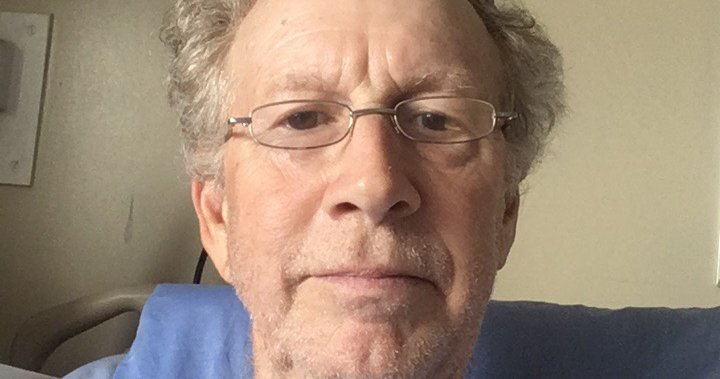A retired firefighter, Wakefield, who was injured in a cycling accident in British Columbia, is facing difficulties with the Insurance Corporation of British Columbia’s (ICBC) no-fault insurance system. He sustained multiple injuries, including broken bones and a concussion, in the May 2023 accident. While he initially received care for his injuries, including mental health support, ICBC cut off his funding at the end of December 2023, despite requests from his healthcare providers for additional support. Under BC’s no-fault insurance system, crash victims cannot sue at-fault drivers and must rely solely on ICBC for compensation, a policy that has been criticized for being unfair to victims by a Vancouver lawyer.
Wakefield’s situation is not unique, as many individuals who are subject to ICBC’s decisions feel that their rights are being stripped away and that they are not being treated fairly. Due to the limitations of the current system, those who are unable to hire lawyers, or find legal representation willing to take on ICBC cases, face challenges in seeking adequate compensation. Wakefield expressed frustration with ICBC’s handling of his case, particularly in linking his PTSD and anxiety to a previous incident from six years ago without proper assessment or evaluation.
ICBC’s significant power in these situations allows them to rely on their own independent experts who may not conduct thorough evaluations or examinations before determining that a claimant does not deserve compensation. In Wakefield’s case, ICBC allegedly linked his current physical injuries to a previous bike injury, despite his claims of being fully healed from that incident. Despite attempts to seek clarification or response from ICBC, Global News did not receive a comment on the matter. The lack of transparency and accountability in ICBC’s decision-making processes has raised concerns among those who are impacted by the system.
The challenges faced by individuals like Wakefield highlight the complexities and shortcomings of BC’s no-fault insurance system, particularly in cases where victims feel that they are not receiving adequate care or compensation. The reliance on ICBC as the sole provider of compensation for crash victims limits their ability to seek legal recourse or challenge decisions that they believe are unjust. Legal experts, such as Kyla Lee, have voiced concerns over the perceived lack of fairness in how ICBC handles claims, particularly in cases where claimants are denied adequate support or compensation.
As cases like Wakefield’s continue to surface, there is a growing need to reevaluate the current insurance system in British Columbia and consider reforms that prioritize the well-being and rights of crash victims. The limitations of the no-fault insurance system, as evidenced by Wakefield’s experience, highlight the need for increased accountability, transparency, and fairness in how claims are assessed and compensation is provided. Without addressing these fundamental issues, individuals like Wakefield may continue to face challenges in receiving the care and support they need to recover from traumatic incidents like cycling accidents.














